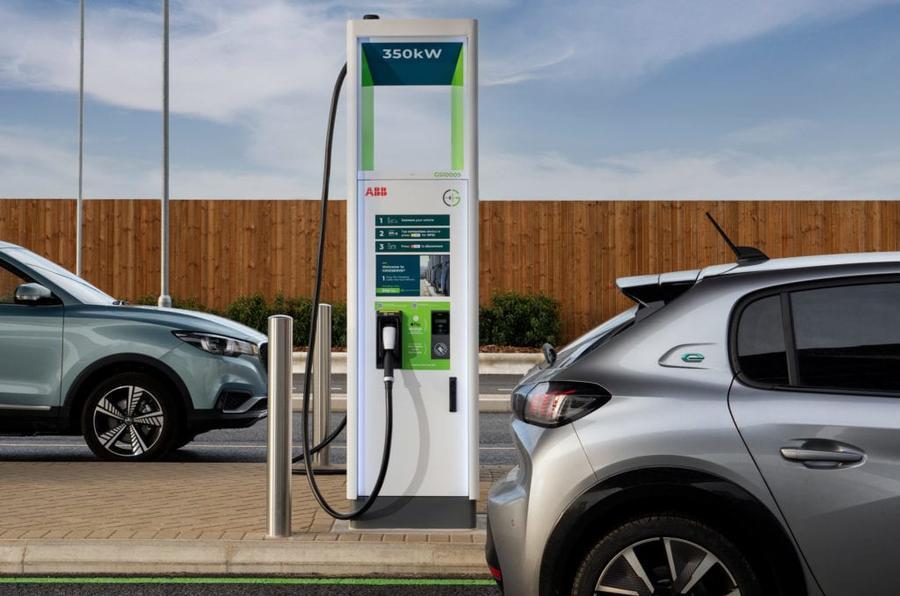The Competition and Markets Authority (CMA) is launching an investigation into suspected breaches of competition law in the EV charging sector.
The CMA is concerned that the Electric Highway network, acquired from Ecotricity two months ago by nascent energy firm Gridserve, has a dominant presence at service stations run by Moto Hospitality, Roadchef and Extra MSA.
According to the CMA, the Electric Highway operates 80% of all motorway chargers in Britain (excluding Tesla-specific Supercharger devices) and has long-term exclusivity agreements – of 10-15 years – in place at two thirds of the network's motorway service stations.
The investigation will determine whether the long-term exclusive arrangements entered into by the Electric Highway, Ecotricity and its host locations are in breach of the Competition Act 1998.
Other operators, the CMA notes, could hinder the installation of devices from rival charging firms, meaning drivers lose out on the "benefits of competition": greater provision, more choice, competitive prices and reliable, high-quality charge points.
The CMA notes that it has "not reached a view as to whether there is sufficient evidence of an infringement of competition law" and as such hasn't issued a statement of objections to the named parties.
In a statement, Gridserve said: "Our focus is on finding a path forward that addresses the concerns raised by the CMA, enabling us to retain momentum and continue to swiftly deliver the net-zero charging infrastructure plans and investment we have worked so hard to put in place, that support the successful uptake and transition to electric vehicles, in-line with the government’s clearly stated objectives".
The CMA has also published a series of measures aimed at addressing shortfalls in the EV charging network in the run-up to the 2030 ban on the sale of new combustion-engined cars.
"Access to charge points can be a 'postcode lottery'", it says, highlighting that Yorkshire and the Humber has 75% less chargers per head than London.
It also expressed concern about the limited choice and availability of chargers at motorway service stations, as highlighted by its investigation into the Electric Highway.
Charging should be "as simple as filling up with petrol or diesel", said the CMA, meaning working chargers must be easy to find, quick to pay for, have a clear pricing structure and be accessible by owners of all EVs.









Join the debate
Add your comment
According to the CMA, the Electric Highway operates 80% of all motorway chargers in Britain
In my near 40 years of driving I have never once filled up at a motorway service station and that's because it's too expensive. If I require fuel, I pull off the motorway, drive for less than a few minutes and fill up. Why can't EV drivers do the same?
Yet again we're blaming everyone else but the drivers who willingly hand over their money. Nobody is holding a gun to a drivers head when he or she pulls up to a motorway service station and fills up.
The revenue from petrol and diesel will not be allowed to simply disappear. They'll probably whack the price of fuel up and claim they're doing it to 'encourage' EV take up. But it'll be a case of diminishing returns, they'll have to dream up an excuse to siphon our pockets with EVs eventually. And of course the power industry will have their price rise excuses ready, you can see the tweet now - 'Ss you know we are investing heavily in infrastructure to keep you and the country on the move, but as a consequence of this we regret that our tariffs have been under full review so we may sustain our usual high level of service, and therefore, will be announcing price rises in due course'.